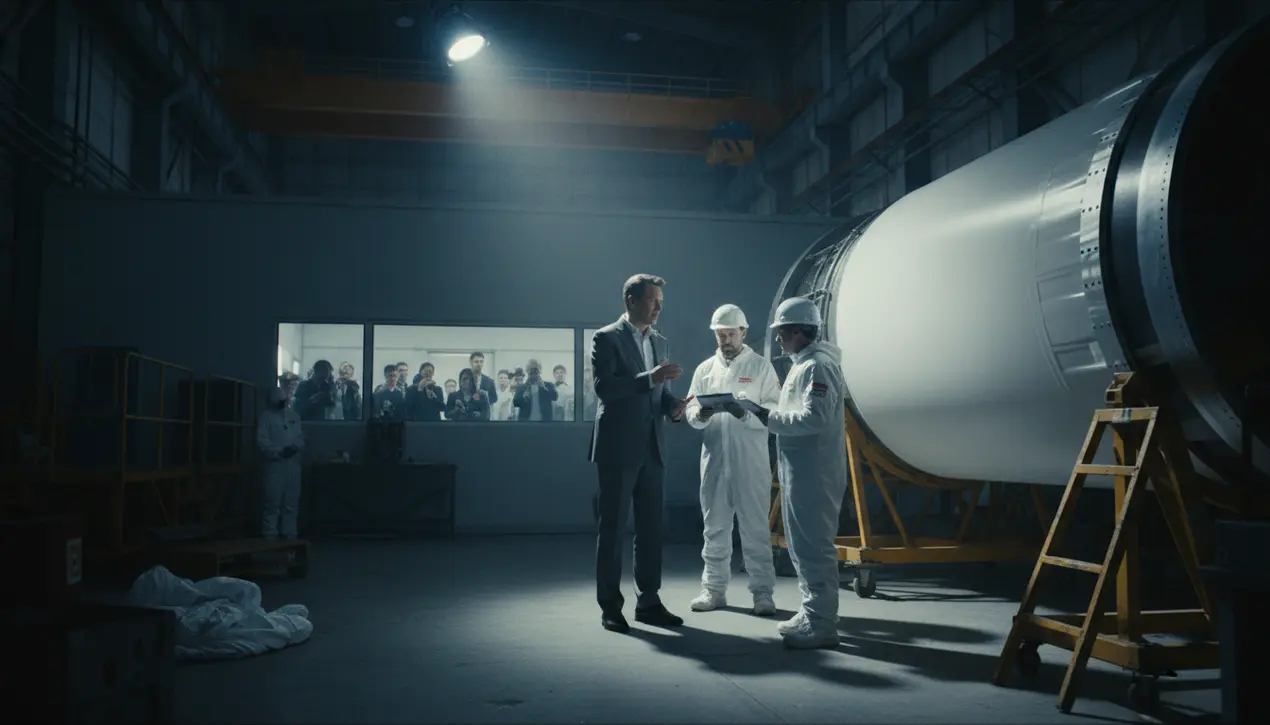
Sciencespace & astronomyNASA Missions
Rocket Lab chief discusses Neutron delays and NASA science.
TH
Thomas Green
4 hours ago7 min read2 comments
The fundamental challenge of capturing the public's imagination, as highlighted by the Rocket Lab chief in the context of NASA's mission, strikes at the very core of modern space exploration's existential dilemma. It’s a cosmic-scale public relations battle, not unlike the one faced by the Apollo program in the 1960s, where the sheer, audacious spectacle of a human being walking on the moon was enough to transfix a global audience and secure political and financial will for a generation.Today, the landscape is vastly more fragmented; the public’s attention is a scarce commodity fought over by a thousand digital distractions, making NASA’s mandate to inspire not just a noble goal but a strategic imperative for its own survival. This isn't merely about securing funding from a fickle Congress; it's about reigniting a collective sense of wonder that makes a child look up at the Moon and not just see a rock, but see a destination, a future, a testament to human ingenuity.The agency’s recent pivot towards the Artemis program, with its promise of a sustained lunar presence and the first woman and person of color on the lunar surface, is a direct response to this need for a compelling, human-centric narrative. Yet, the technical hurdles, such as the delays experienced by Rocket Lab’s own Neutron rocket—a vehicle designed to be partially reusable and cost-effective, thereby increasing the tempo of access to space—underscore the delicate balance between engineering pragmatism and public spectacle.Every schedule slip in a project like Neutron isn't just a logistical problem; it's a narrative setback, a missed opportunity to create a 'launch moment' that can dominate headlines and social media feeds. The success of private entities like SpaceX, masterfully orchestrated by Elon Musk, has demonstrated the immense power of spectacle, turning rocket landings on autonomous drone ships into must-see events that blend high-stakes engineering with the thrill of a live sporting event.NASA must learn to operate within this new paradigm, where the science—as breathtaking as the JWST's deep field images are—must be packaged with the drama of human endeavor. The future of deep-space exploration, from establishing a permanent base on the Moon to mounting a crewed mission to Mars, hinges on this ability to make the taxpayer feel like a stakeholder in the grandest adventure in human history. Without that connection, without that spark of collective imagination, the most powerful rockets and the most sophisticated probes risk becoming artifacts of a niche interest, rather than the vanguard of our species' destiny among the stars.
#Rocket Lab
#Neutron rocket
#NASA
#public engagement
#space exploration
#editorial picks news
Stay Informed. Act Smarter.
Get weekly highlights, major headlines, and expert insights — then put your knowledge to work in our live prediction markets.
Related News
Comments
Loading comments...
© 2025 Outpoll Service LTD. All rights reserved.